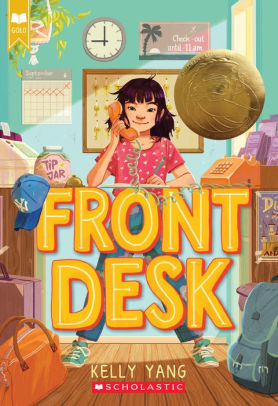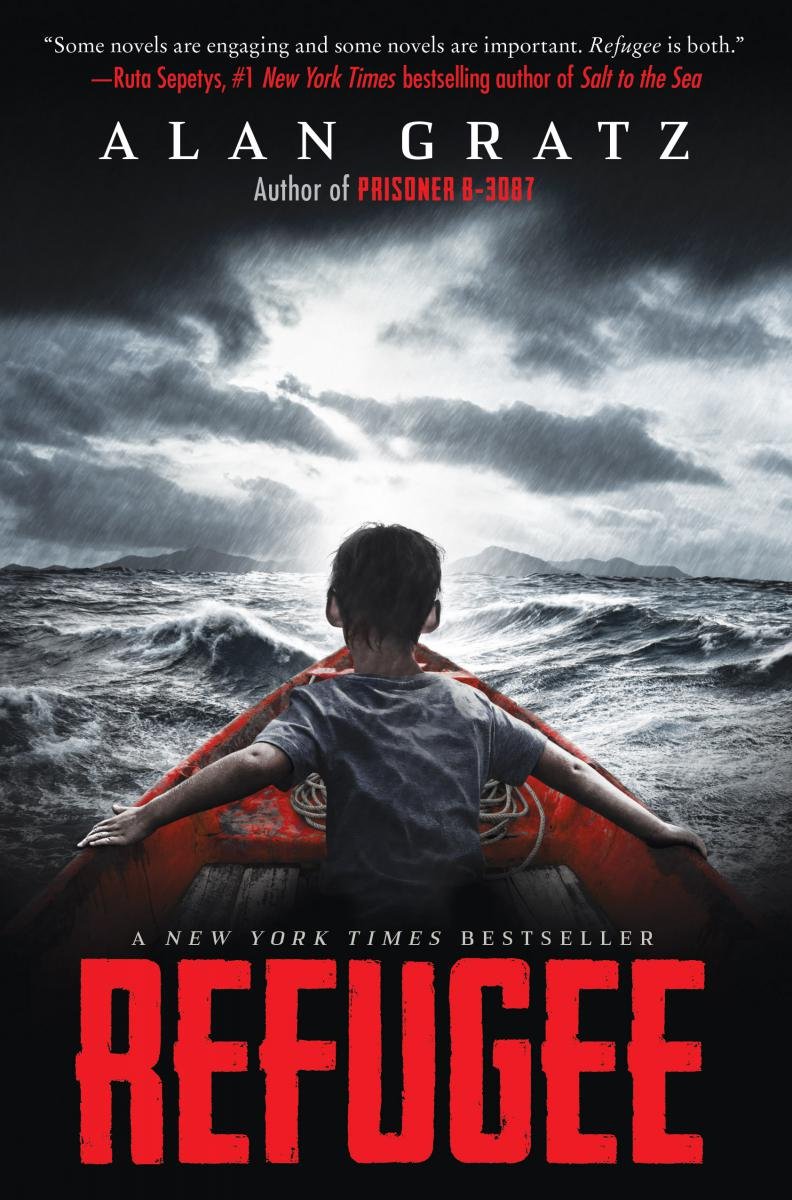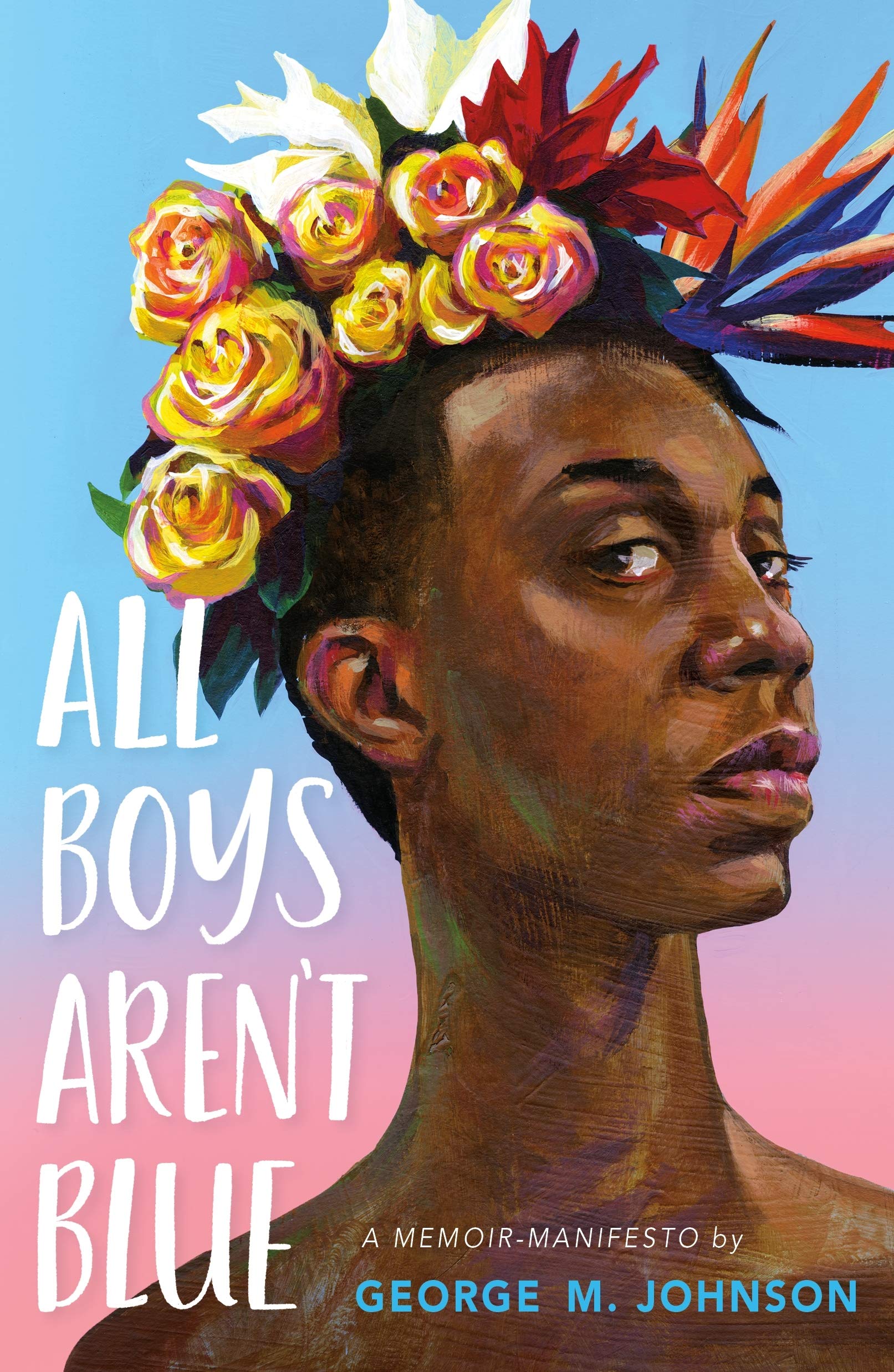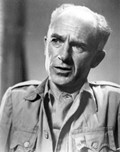The Indiana Letters About Literature writing contest is now open! Students in grades four through 12 are invited to write a letter to an author, living or deceased, whose one work has made a difference in how the student sees themselves or the world. Indiana students can write about works of literature including fiction, nonfiction, short stories, poems, essays or speeches – including TED Talks.
 Last year over 800 letters were submitted to the contest. Students wrote about lots of books including “Wonder” by R. J. Palacio, “Out of My Mind” by Sharon Draper, “Harry Potter” by J. K. Rowling, and, as students were reflecting upon current events, books about viruses including “The Girl Who Owned a City” by O. T. Nelson and “Five Feet Apart” by Rachael Lippincott. Students were not shy about tackling heavy topics in their letters including the COVID-19 pandemic, racism and immigration. Letters are not actually delivered to the authors, but for the past nine years about 100 letters have been selected for inclusion in an annual anthology. That will continue this year.
Last year over 800 letters were submitted to the contest. Students wrote about lots of books including “Wonder” by R. J. Palacio, “Out of My Mind” by Sharon Draper, “Harry Potter” by J. K. Rowling, and, as students were reflecting upon current events, books about viruses including “The Girl Who Owned a City” by O. T. Nelson and “Five Feet Apart” by Rachael Lippincott. Students were not shy about tackling heavy topics in their letters including the COVID-19 pandemic, racism and immigration. Letters are not actually delivered to the authors, but for the past nine years about 100 letters have been selected for inclusion in an annual anthology. That will continue this year.
First, second and third place winners are selected from amongst the top 100 letters in three levels: grades 4-6, grades 7-8 and grades 9-12. In addition, a special award is given to the top letter written to an Indiana author.
The top letters from the 2020-21 contest are as follows:
Noelle Carey, McCutchanville, was the first-place winner from Level One. She wrote a letter to Kelly Yang, author of the bestselling novel for children, “Front Desk.” This is a selection from her letter:
 “Mia Tang and her family went to America to have a better life, but when they arrived it wasn’t anything like what they expected. Her family worked for very little money and willingly did so to hopefully get the ‘American Dream.’ They worked for a boss that repeatedly made them feel meaningless and replaceable. This brings to light another imbalance in our communities. People of color are sometimes forced to take any job available, and sometimes for very little pay, to survive. Immigrant families like Mia’s look for a fresh start but sometimes don’t get what they imagined. Our world needs to be better, know better, and do better.”
“Mia Tang and her family went to America to have a better life, but when they arrived it wasn’t anything like what they expected. Her family worked for very little money and willingly did so to hopefully get the ‘American Dream.’ They worked for a boss that repeatedly made them feel meaningless and replaceable. This brings to light another imbalance in our communities. People of color are sometimes forced to take any job available, and sometimes for very little pay, to survive. Immigrant families like Mia’s look for a fresh start but sometimes don’t get what they imagined. Our world needs to be better, know better, and do better.”
Melani Martinez Blanco, Jasper, was the first-place winner from Level Two. She wrote a letter to Alan Gratz, author of the novel, “Refugee.” This is a selection from her letter:
 “I was an immigrant, a foreigner to a country where I had no idea of the language or its system. I was made fun of constantly when I didn’t know certain words or phrases, but then I started to get the hang of it. I am now fourteen years old, and I cannot imagine never having come to this country that I and many immigrants call home. Isabel and her journey were the first time I didn’t feel alone in a long time. We would discuss this in class and many students would listen to my family’s journey and how I felt personally connected to Isabel and her many obstacles. Alan Gratz, I want to personally thank you for having this character whose story made me feel stronger and more connected to my roots and the way I came to be the person that I am today.”
“I was an immigrant, a foreigner to a country where I had no idea of the language or its system. I was made fun of constantly when I didn’t know certain words or phrases, but then I started to get the hang of it. I am now fourteen years old, and I cannot imagine never having come to this country that I and many immigrants call home. Isabel and her journey were the first time I didn’t feel alone in a long time. We would discuss this in class and many students would listen to my family’s journey and how I felt personally connected to Isabel and her many obstacles. Alan Gratz, I want to personally thank you for having this character whose story made me feel stronger and more connected to my roots and the way I came to be the person that I am today.”
Badreddine Bouzeraa, Wheeler, was the first-place winner from Level Three. He wrote a letter to George M. Johnson, author of the memoir, “All Boys Aren’t Blue.” This is a selection from his letter:
 “In the first act of ‘All Boys Aren’t Blue,’ your unique storytelling of struggling to find a way to express yourself allowed me to realize that many LGBTQ+ members struggle with the same ordeal. Many are taught that there are only two genders and one sexuality. However, there are a plethora of unique orientations. On page 23 of ‘All Boys Aren’t Blue,’ you state, ‘However, I was old enough to know that I would find safety only in the arms of suppression – hiding my true self – because let’s face it, kids can be cruel.’ Millions in the non-heterosexual orientation continue to suppress themselves, and I beg to question, why must we?”
“In the first act of ‘All Boys Aren’t Blue,’ your unique storytelling of struggling to find a way to express yourself allowed me to realize that many LGBTQ+ members struggle with the same ordeal. Many are taught that there are only two genders and one sexuality. However, there are a plethora of unique orientations. On page 23 of ‘All Boys Aren’t Blue,’ you state, ‘However, I was old enough to know that I would find safety only in the arms of suppression – hiding my true self – because let’s face it, kids can be cruel.’ Millions in the non-heterosexual orientation continue to suppress themselves, and I beg to question, why must we?”
Jack Egan, Michigan City, won the Indiana Author Letter Prize for the top letter written to an Indiana author. He wrote a letter to Ernie Pyle, war correspondent and author of the article, “The Death of Captain Waskow.” This is a selection from his letter:
“ As in your day, today we are also combating difficult times due to a pandemic called COVID-19. By describing Captain Waskow’s life and sacrifice so beautifully, you also brought to life all the other men and women who died for the freedom we enjoy today. I am not so sure that the society in which I live today is as willing to sacrifice for others as your generation was so willing to do in your time. Unfortunately, today our society is not even willing to wear a mask to protect others from COVID-19, let alone be willing to be placed on the front lines of a war to protect their freedoms.”
As in your day, today we are also combating difficult times due to a pandemic called COVID-19. By describing Captain Waskow’s life and sacrifice so beautifully, you also brought to life all the other men and women who died for the freedom we enjoy today. I am not so sure that the society in which I live today is as willing to sacrifice for others as your generation was so willing to do in your time. Unfortunately, today our society is not even willing to wear a mask to protect others from COVID-19, let alone be willing to be placed on the front lines of a war to protect their freedoms.”
The deadline to enter the 2021-22 contest is Jan. 10, 2022. Details, entry forms and official rules for the contest can be found on the Letters About Literature website.
Get your students excited to enter the contest by sharing this video with them:
This blog post was submitted by Indiana Young Readers Center librarian Suzanne Walker.
